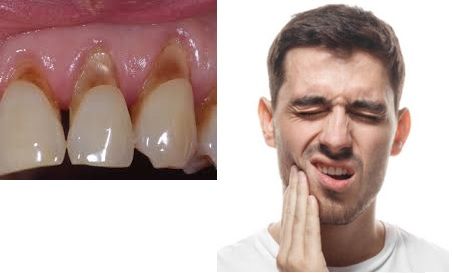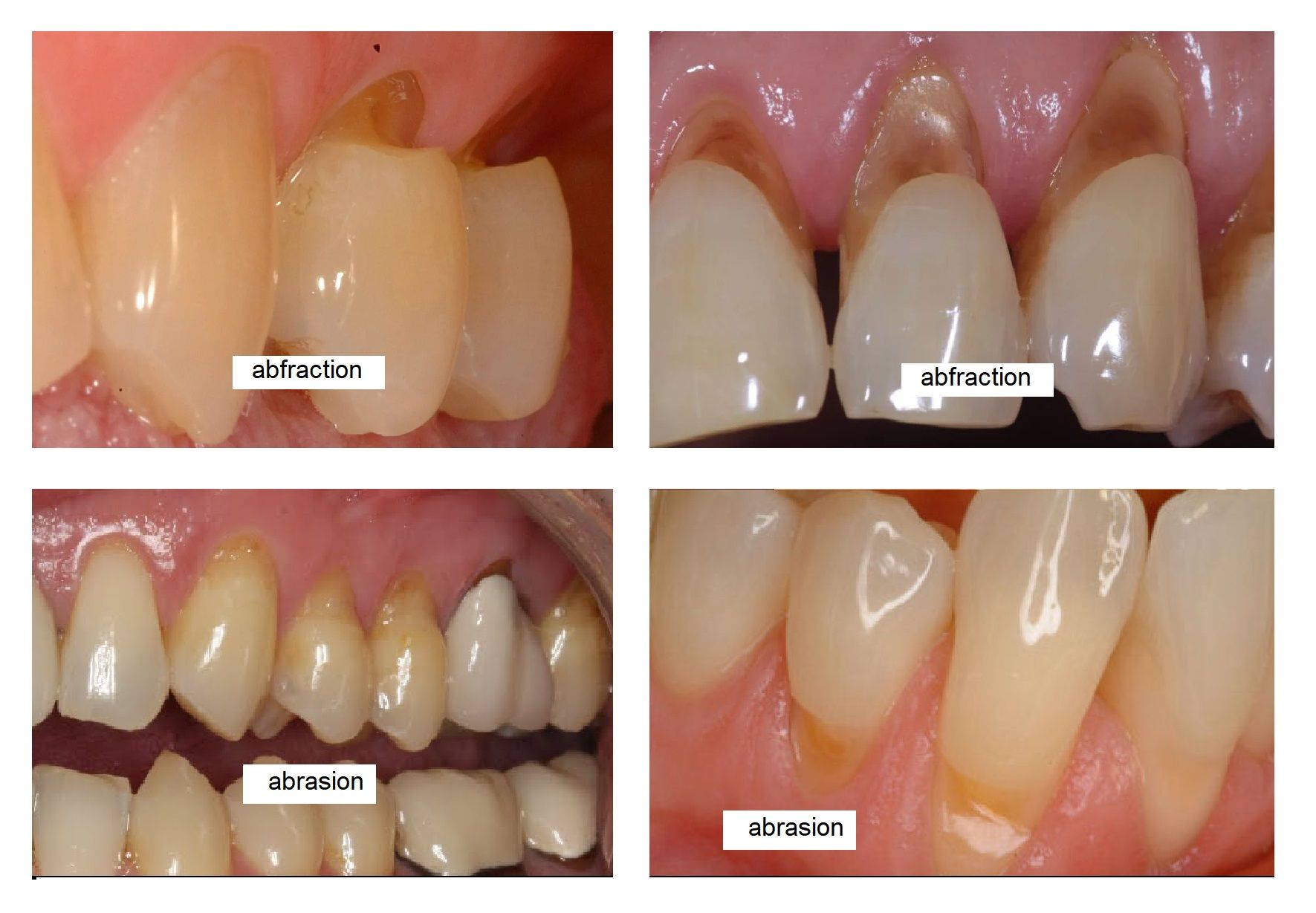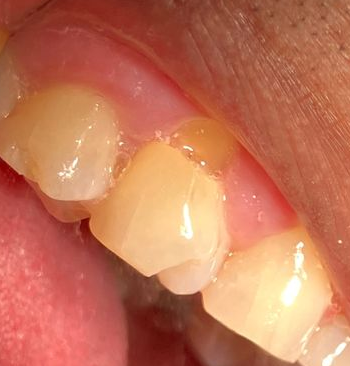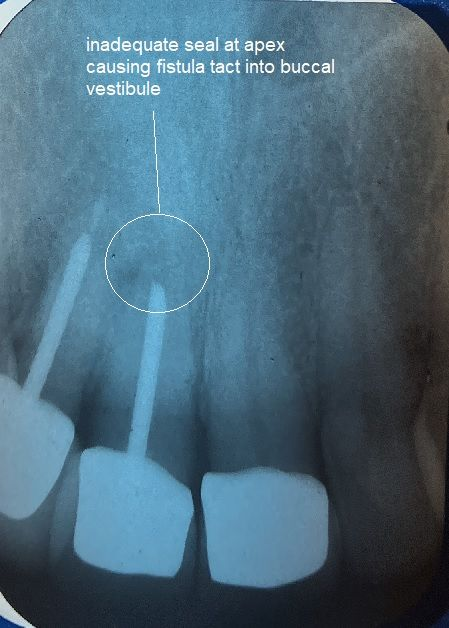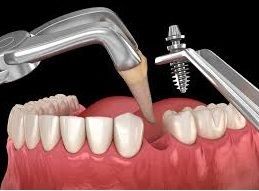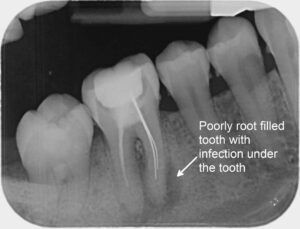
Dental implants are artificial tooth roots. Used to replace the roots of missing, damaged, or misplaced teeth, they’re usually overlaid with natural-looking tooth restorations. Implants are great ways to replace missing and broken teeth, but they’re not right for everyone. Understanding what dental implants are is the first step in determining whether you’re a good candidate for the procedure.
What Are Dental Implants For?
Dental implants serve several purposes, but generally, they’re used as replacements or alternatives to missing, broken, or crowded teeth. Implants act as the roots of your missing teeth. They’re built from sturdy titanium, which fuses with your jawbone. Unlike fixed bridgework or dentures, your implants won’t slip, make noise, or cause bone damage. In addition, the material that implants are made of doesn’t decay as bone does.
Apart from replacing missing, damaged, or misplaced teeth, some other reasons to consider dental implants include:
- You have a jawbone that’s reached full growth.
- You’re unable or unwilling to wear dentures.
- You want to improve your speech.
Dental implants aren’t right for everyone. Certain conditions or diseases, such as uncontrolled diabetes, cancer, and periodontal disease, can affect the implants’ ability to fuse with your jawbone.
What’s the Procedure Like?
A dental team consisting of a dental surgical specialist, a restorative dentist, and a dental laboratory technician will examine the current state of your teeth. It will carefully plan the placement and restoration of your implants, including the crowns, bridgework, or dentures that will be attached to the structure work. Preparing your implants will require multiple studies of your mouth and bite, which can involve x-rays or CT scans.
During the procedure, the dental surgeon will create precision channels in the jawbone and fit your implants into the sites. Your roots will be replaced with thin, screwlike posts. It takes several months for the implants to fuse to the bone, after which they’re outfitted with tooth restorations. There are multiple options for implant tooth replacement, including single-tooth replacement, fixed multiple-tooth replacement, and removable implant-supported tooth replacement.
How Are Implants Different from Real Teeth?
To fully understand what dental implants are, you need to learn how they’re different from real teeth. Dental implants look and feel the same as natural teeth and function similarly, but that doesn’t mean the two are completely alike. The way implants are maintained, attach to the surrounding bone, and respond to dental disease is unique.
Regular teeth are attached to the surrounding bone by a periodontal ligament, while dental implants fuse directly to the bone. Since dental implants are made from metal, they don’t decay. They react differently to disease and don’t experience all the same problems that real teeth do. But just because they’re sturdier doesn’t mean you don’t have to maintain them. You must regularly brush and floss your implants, and your preferred dentist should evaluate them once or twice a year.
If you’re looking to get dental implants in Riverview, Florida ,Dr. Chris Castellano can help. We provide comprehensive care that will help you achieve a perfect, winning smile.

